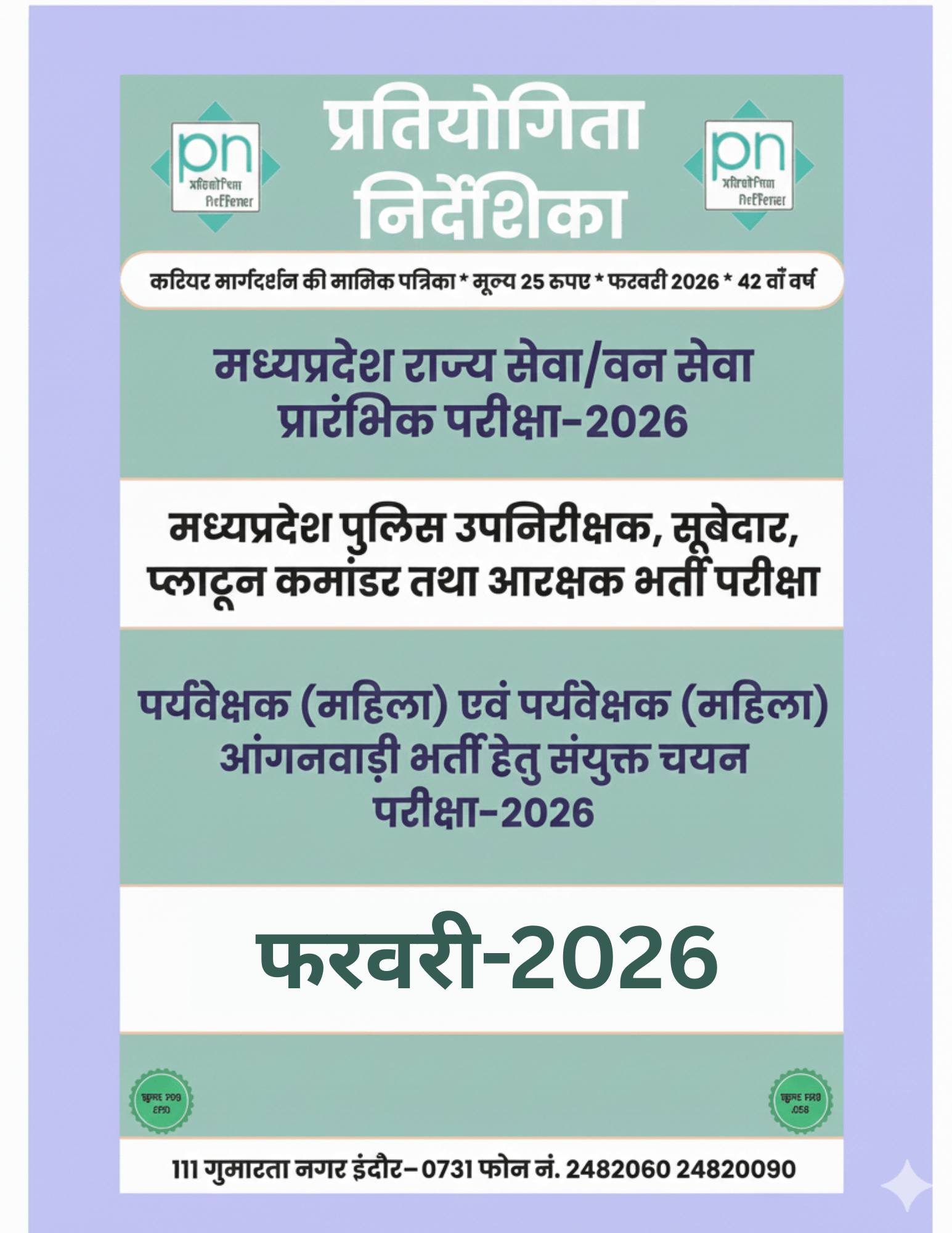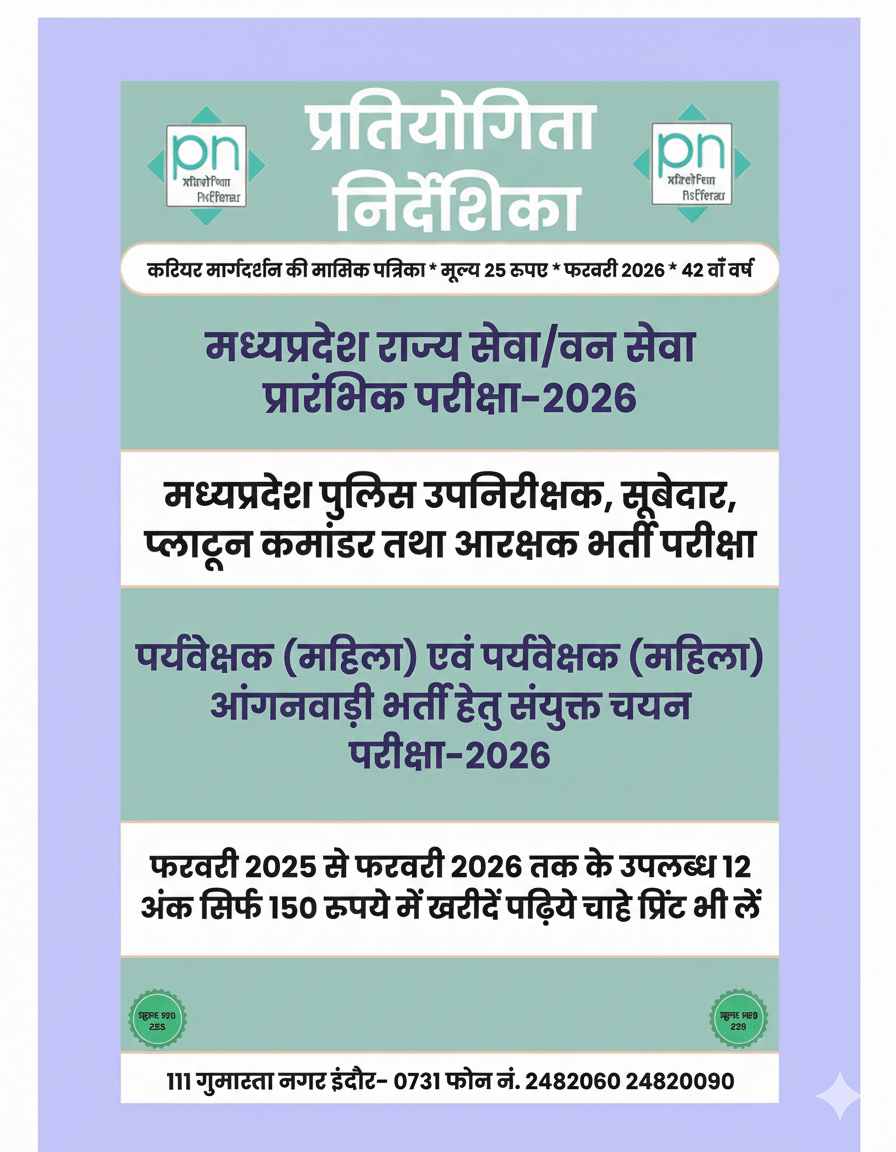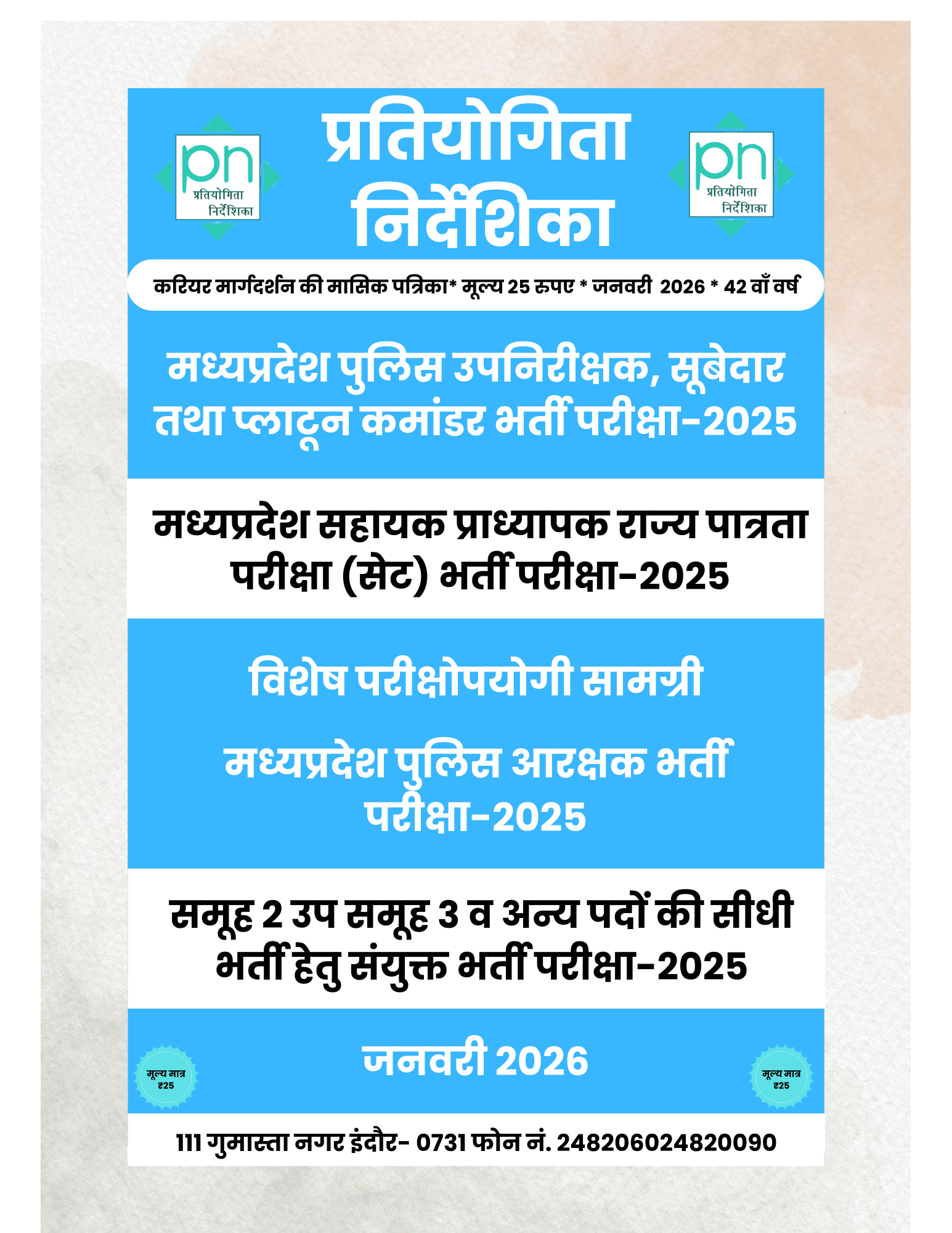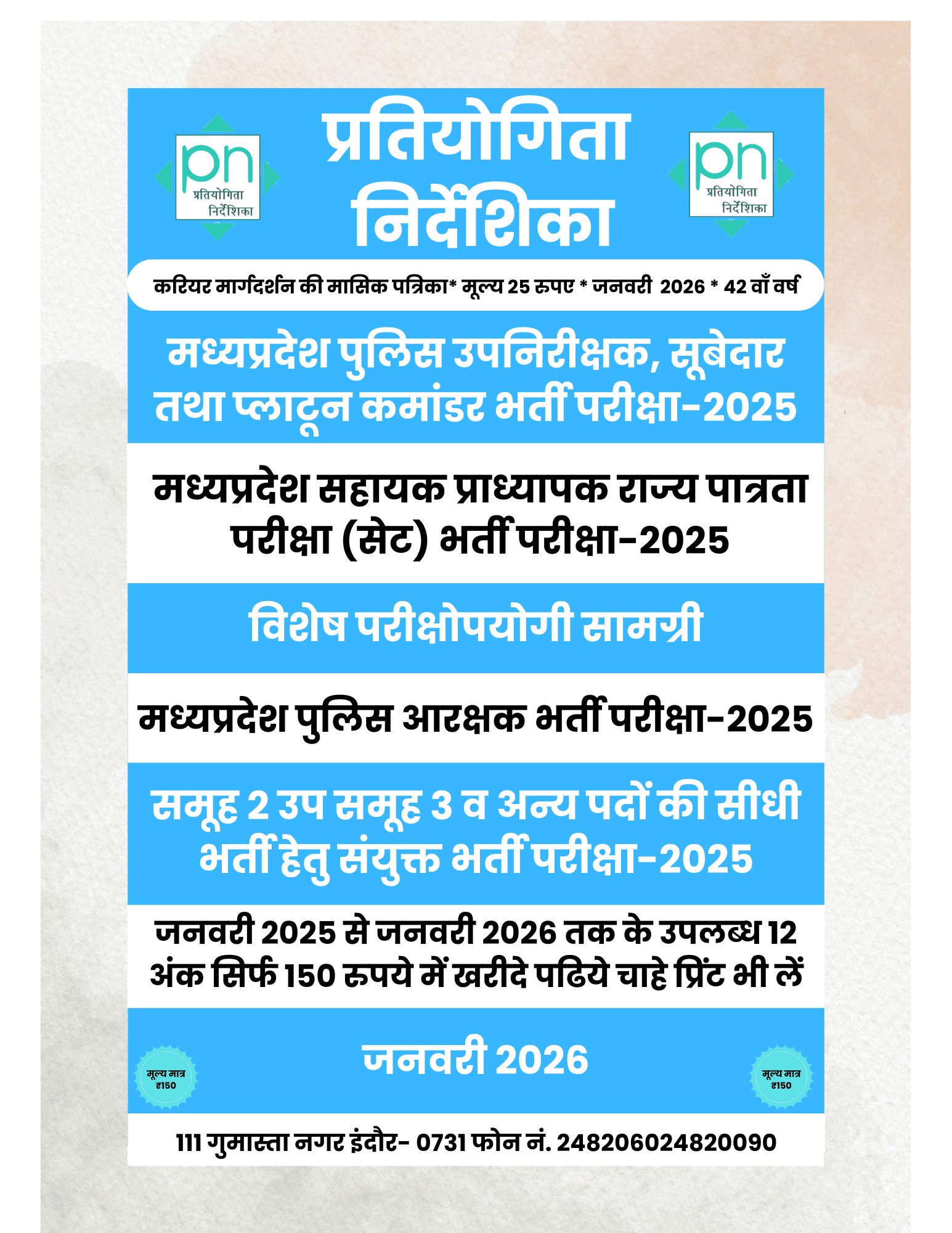FSSAI Bans “100%” Mark on Food Packaging
The Food Safety and Standards Authority of India (FSSAI) has issued a directive prohibiting the use of “100%” claims on food products’ packaging, labels, and promotional materials. The rule applies to all food categories. Existing stocks featuring the claim must be withdrawn from the market by September, due to concerns about misleading consumers.
Scope of the Directive
FSSAI previously issued this ban only for packed fruit juices, but has now extended it to all food items. The move aims to prevent ambiguity arising from unregulated use of “100%” labels, which could mislead shoppers. Influencers promoting unverified “100%” tags online were also cited as a concern.
Reason Behind the Move
As per the Food Safety and Standards Regulations, 2018, the term “100%” lacks precise legal definition. The FSSAI believes that unrestricted use can easily mislead buyers.
Chief trade bodies like the Solvent Extractors’ Association of India (SEA) have petitioned FSSAI to reconsider, arguing that products meeting genuine standards should be permitted to use such claims.
Regulatory Context
India’s food laws already allow certain levels of blending and additives without labels. For instance, up to 2% trans fats in biscuits or cooking media may still be considered “trans-fat free.” Similarly, up to 20% blending is permitted in edible oils (barring mustard oil), and up to 49% chicory powder in instant coffee.
The rules even allow labeling an item “sugar-free” if it contains up to 0.59g sugar per 100ml. Therefore, FSSAI's ban seeks to close such loopholes.
Industry Response
“We support restricting the ‘100%’ claim; it’s in consumers' best interest,” said Ramesh Khandelwal, member of the National Traders’ Welfare Board.
“But if a product genuinely complies with standards, manufacturers should be allowed to use ‘100%’,” added Dr. B.V. Mehta, Executive Director of SEA.




